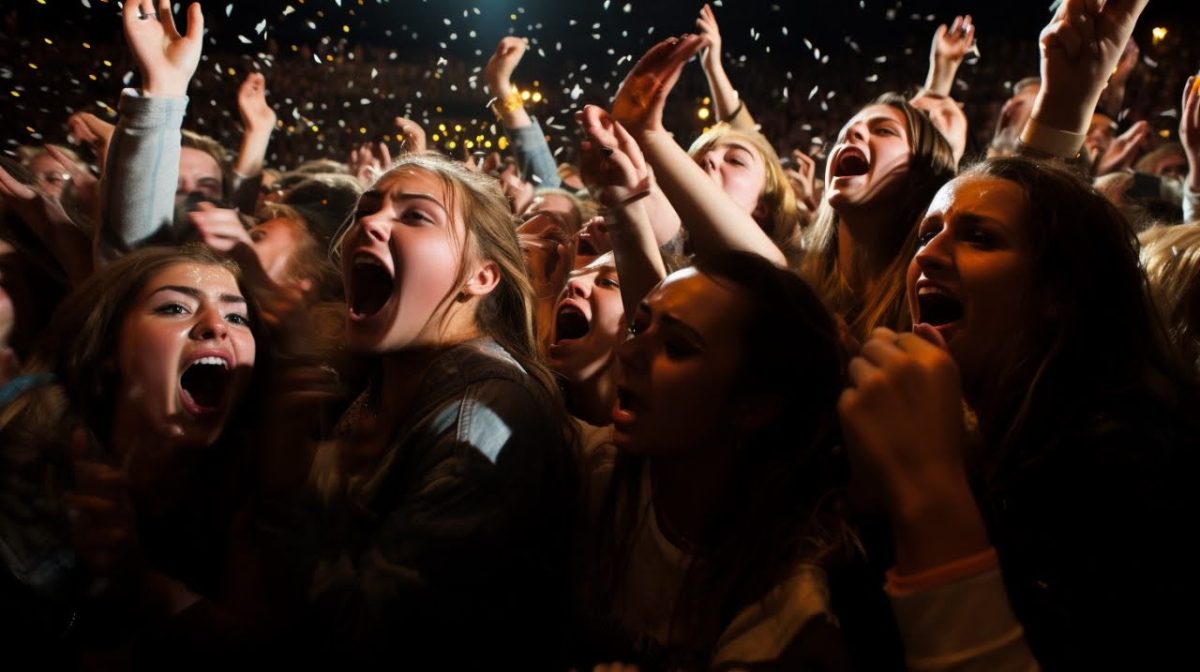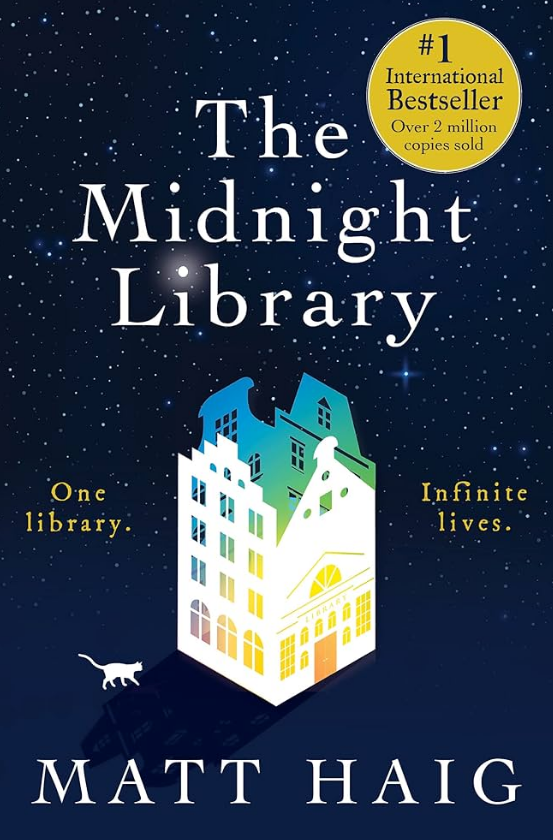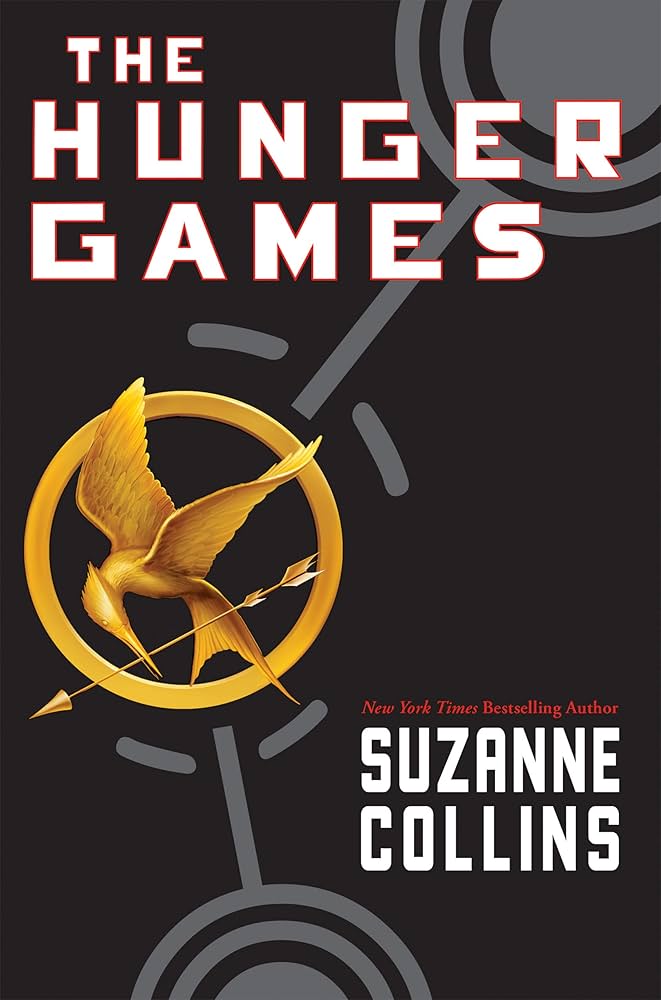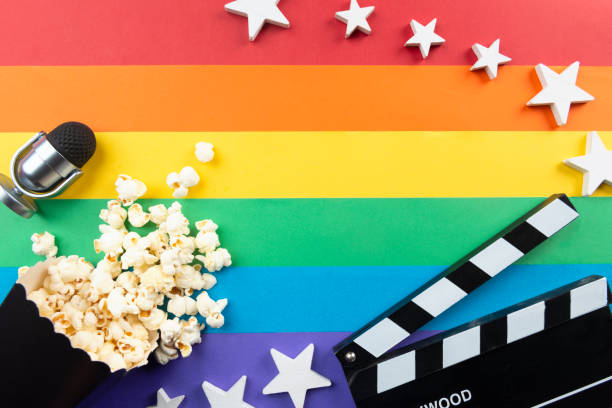I think that all of us, knowingly or unknowingly, have participated in fandom culture at least once. Since lockdown, fandom culture has become more prominent in our society through social media apps, making it easier to share our passions than before. In addition, it has helped more groups of people with common interests get connected. Now, on the surface, this all seems like a positive thing. And yes, to a certain extent it is. But as someone who has participated in multiple fandoms throughout my life, these groups have become increasingly toxic over the years, forcing the question of if fandom culture has gotten out of hand.
First of all, it’s important to talk about the fact that fandoms have been around forever, or at least as long as there was pop culture for us to consume. According to Two To One NYC, the first modern fandom was named in 1893. According to the magazine, “Sherlock Holmes had public demonstrations of mourning for him after he was “killed off” in 1893.” Now if you’ve been on tiktok at all in recent years, you’ll recognize this phenomenon. For example, in 2022 after Stranger Things season 4 came out, many people were outraged at the killing off of fan-favorite character Eddie Munson. In effect, these people would show up at different fan conventions and almost riot about it. Even less than a month ago, with the rise of the Timothee Chalamet lookalike contest which turned into utter pandemonium in New York City. That may be an overstatement to some degree, but it is undeniable that the Sherlock Holmes memorials and these recent phenomenons have some parallels.
But we see evidence of fandom throughout history since 1893. With the rise of Jazz in the 1910s, the first Disney princess movie in 1937, and the rise of old Hollywood in the 1940s and 50s. But above all, one of the most commonly referenced fandom incidents of the 20th century was Beatlemania.
Beatlemania was one of the most influential moments in pop culture, forever solidifying the stereotype of the “fan girl”. It was often described as a “fan-frenzy” where hoards of fans would crowd the streets just to get one glimpse of the Beatles when they came to town to play shows. Famously, a newspaper in 1966 printed the headline, “Teens Want Beatles, Not Jesus”, leading John Lennon himself to make the comment that “the Beatles are bigger than Jesus”. Though this quote was met with immense criticism and backlash, it further skyrocketed them into the spotlight, still making a huge impact on pop culture today.
While it is not to the same extent as Beatlemania, we can see evidence of this sort of occurrence today. This year specifically, the craze over Chappell Roan has forced her to come out and publicly denounce invasive fans who have begun to follow her and her family, demanding pictures and conversations.
After addressing these incidents on her TikTok account, many fans criticized Chappell by saying that things like stalking and invasive fans are the price of fame. To this, Chappell responded by saying, “I don’t care that abuse and harassment, stalking, whatever, is a normal thing to do to people who are famous… I don’t care that it’s normal. I don’t care that this crazy type of behavior comes along with the job, the career field I’ve chosen. That does not make it okay, that doesn’t make it normal, it doesn’t mean I want it, it doesn’t mean that I like it. I don’t want whatever the f*** you think you’re supposed to be entitled to whenever you see a celebrity.”
Since this, Chappell has been brutally criticized for choosing her own safety over her fans. But despite all of the unkind and rude words sent to Chappell since this announcement, I have to say that I undeniably agree with her.
The act of believing that you are entitled to a celebrity’s time and energy while they are not performing can be exhausting. In addition, stalking a celebrity and their family is downright creepy and extremely unethical. Now, I don’t want to make it seem that this sort of behavior started as a result of social media. The truth is that this behavior has been happening forever. Debbie Harry (the lead singer of Blondie), Jodie Foster, and even Ronald Reagan have dealt with stalkers. This is a very real issue which I believe stems from the idea of fandom culture.
Like I mentioned in my introduction, fandoms can be an amazing way to bring groups of people together, but on the flip side, fandoms are a breeding ground for toxic behavior. Now I have already talked plenty about toxicity towards celebrities that fandoms are surrounded around, but it doesn’t just stop there. Many people may be familiar with the idea of “fandom wars” or other things of the sort where two different fan groups go up against each other in a sort of rivalry. Many times, this can be taken as a joke, but as we all know, things get toxic online pretty quickly.
Another form of toxicity in fandoms is the ostracization and bullying of certain fans based on their own opinions, stances, or preferences within a fandom. While there may be wars between different fandoms, this can also become infighting, creating toxic communities online and leaving a stain on the reputation of fandom culture.
Now I’m not saying that it’s not okay to have and share opinions. Opinions are what make us people and set us apart from one another. But it gets to a point where people believe that their opinions are merely fact, and that is the root of our problems. People so often get an idea in their head that becomes irrefutable, and they will go to such lengths to prove it so that they become malignant. Often this goes beyond the idea of defending a fandom or an idea, and merely comes down to the idea of being right.
Today, fandom culture is almost entirely impossible to avoid. It seems that no matter how big or how small, there is always some sort of gatekeeping or ignorance by people in or around said fandom. So saying this as someone who is a part of many fandoms, I do truly believe that fandom culture has gotten out of hand. This doesn’t mean that we should stop being fans of media, though, or that we should stop having opinions. Rather, we should be sharing these opinions thoughtfully with an open mind, rather than shunning all other ideas that may oppose ours. Part of being a good and active member of society is learning from and accepting others’ opinions. But in addition, it is also being respectful to others, especially the people that we look up to.







